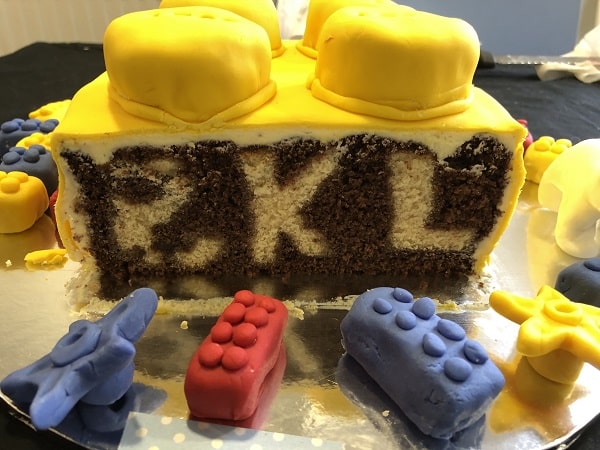Our recent article Timeo Danaos et dona ferentes highlighted one pitfall of the inheritance tax (‘IHT’) rules on lifetime gifts. But there are others: in this note we look at some of the consequences of ‘reserving a benefit’ in a gift.
Capital transfer tax (‘CTT’), in force from the early 1970s, had no need of ‘reservation of benefit’ rules: it applied equally to gifts during lifetime or on death. But when it was replaced by IHT in 1986, the old Estate Duty concept of a ‘gift with reservation of benefit’ (‘GROB’) was reintroduced. The effect of this is that where a donor retains anything but a negligible interest in the property gifted, the entire property is treated as remaining in his or her estate for IHT purposes.
For example, if a father gives his son his house but continues to live in it, the gift will be a GROB unless he pays his son a full market rent for his continued occupation. Nor does it matter whether any rent paid is nothing at all or 90% of market rates: a GROB is all-or-nothing and in either case the whole value of the house remains in the father’s estate and will suffer IHT on his death.
The courts have recognised the draconian nature of the provision, observing that: ‘Not only may you not have your cake and eat it, but if you eat more than a few de minimis crumbs of what was given, you are deemed for tax purposes to have eaten the lot.’
But it gets worse.
Although the GROB remains in the father’s estate, this does not mean that the gift is ignored for other purposes or even for the general purposes of IHT.
So, for example:
- Any charge to Capital Gains Tax (‘CGT’) that arose on the making of the gift is unaffected.
- Despite being charged to IHT as part of the father’s estate, the property will not benefit from the usual CGT-free uplift to market value on death.
- Even if the father’s estate is left entirely to his widow so that ‘spouse exemption’ applies to his estate, that exemption will not apply to the house.
- Because the property is in fact owned by the son, it also forms part of his IHT estate and is liable to IHT on his death.
- Despite remaining in the father’s estate, the gift is nonetheless a ‘potentially exempt transfer’ and if the father dies within seven years of the gift, the amount of the gift itself will be added to the father’s estate.
- If the father moves into care and the reservation ceases, he will be deemed to make a (further) potentially exempt transfer at that time and another seven-year clock will start to run.
- It is also possible to be caught by ‘resuming a benefit’ in an asset gifted. So, if the house were an investment property there would be no reserved benefit to start with, but if the father later moved in, the earlier gift would retrospectively become a GROB.
There are regulations for avoiding multiple charges to IHT in such circumstances, but their application is complex. Best to avoid having to rely upon them.
“Qu’ils mangent de la brioche” as Marie Antoinette may or may not have said. Pending a revolution in the UK’s IHT rules, we recommend approaching your estate planning with care and expert advice.
For more information, including guidance from our experts in IHT and estate planning, please get in touch with your usual BKL contact or use our enquiry form.
This article was republished in the June 2021 issue of ICAEW TaxLine.







